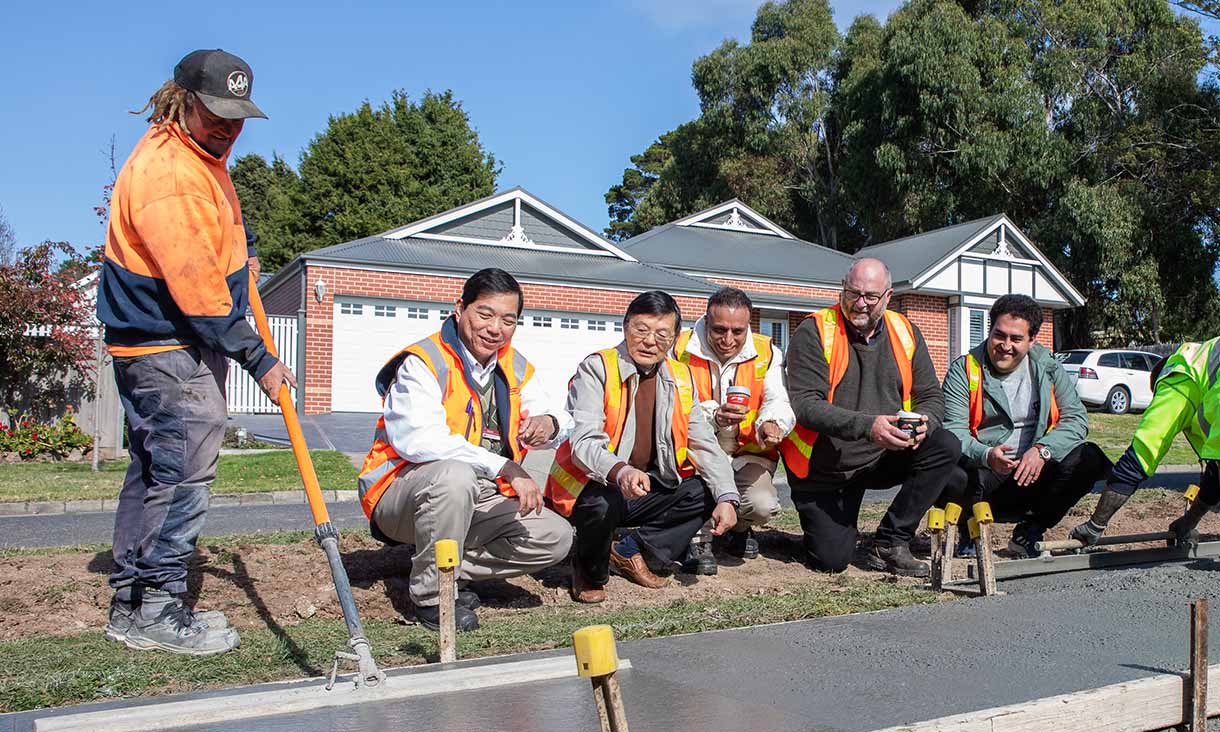Removing barriers to Aboriginal employment
RMIT University partnered with Woor-Dungin and other Aboriginal organisations to remove barriers to Aboriginal employment. The ongoing collaborations included advocacy to remove the damaging effects of criminal record discrimination in Victoria, leading to significant legislative reform.
Peer-to-peer mentoring boosts digital and social inclusion for older Australians
RMIT University and the University of the Third Age (U3A) Network Victoria partnered on the ‘Shaping Connections’ project to investigate how to improve social and digital connectedness in older adults.
Protecting vulnerable workers from exploitation through legislative reform
RMIT law academic, Distinguished Professor Anthony Forsyth, chaired a Victorian Government inquiry into labour hire and insecure work, resulting in new laws to protect vulnerable workers.
Coffee concrete trial turns organic waste into a valuable resource
RMIT researchers collaborated with Macedon Ranges Shire Council to conduct a world-first coffee concrete footpath trial.






